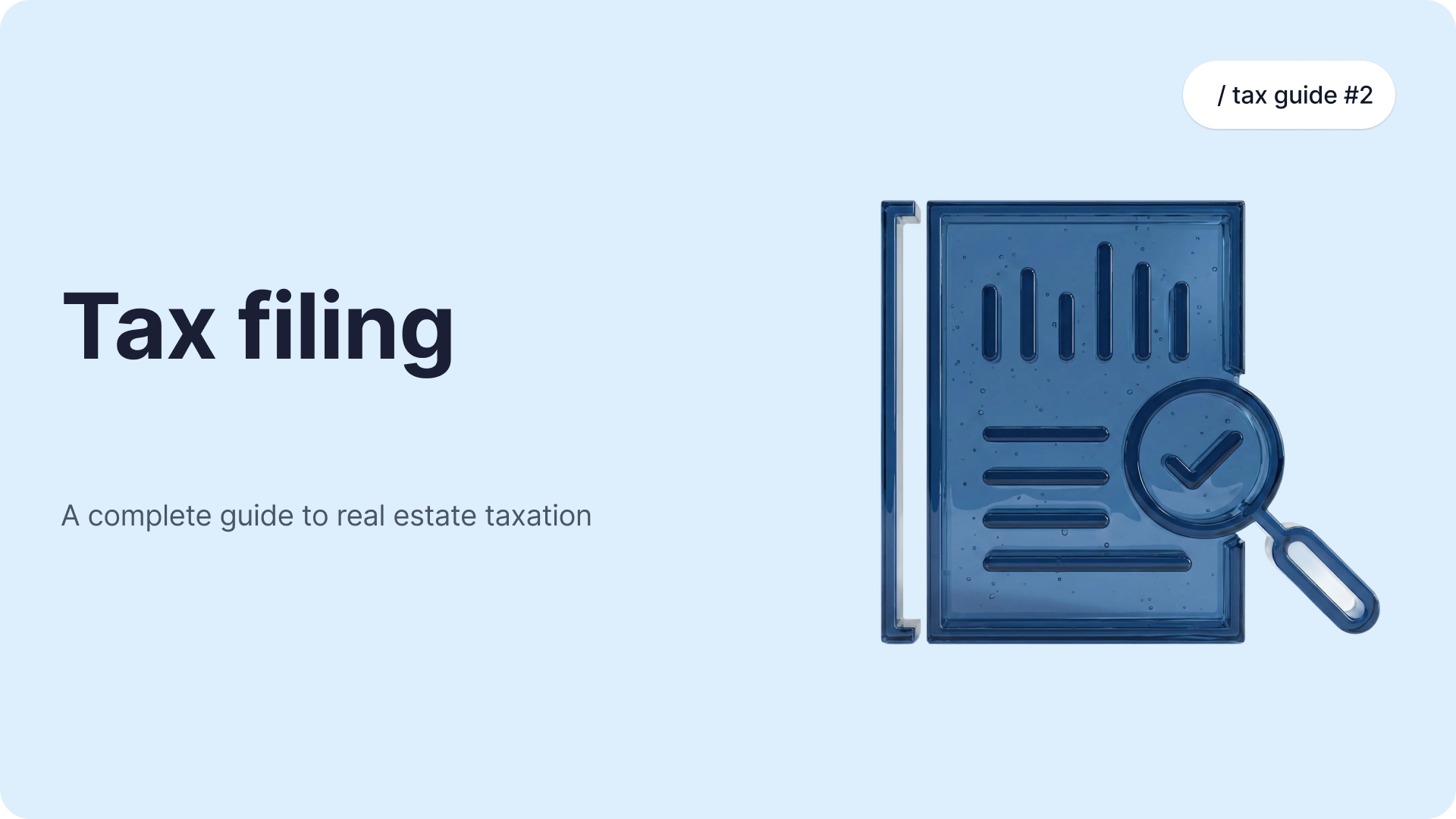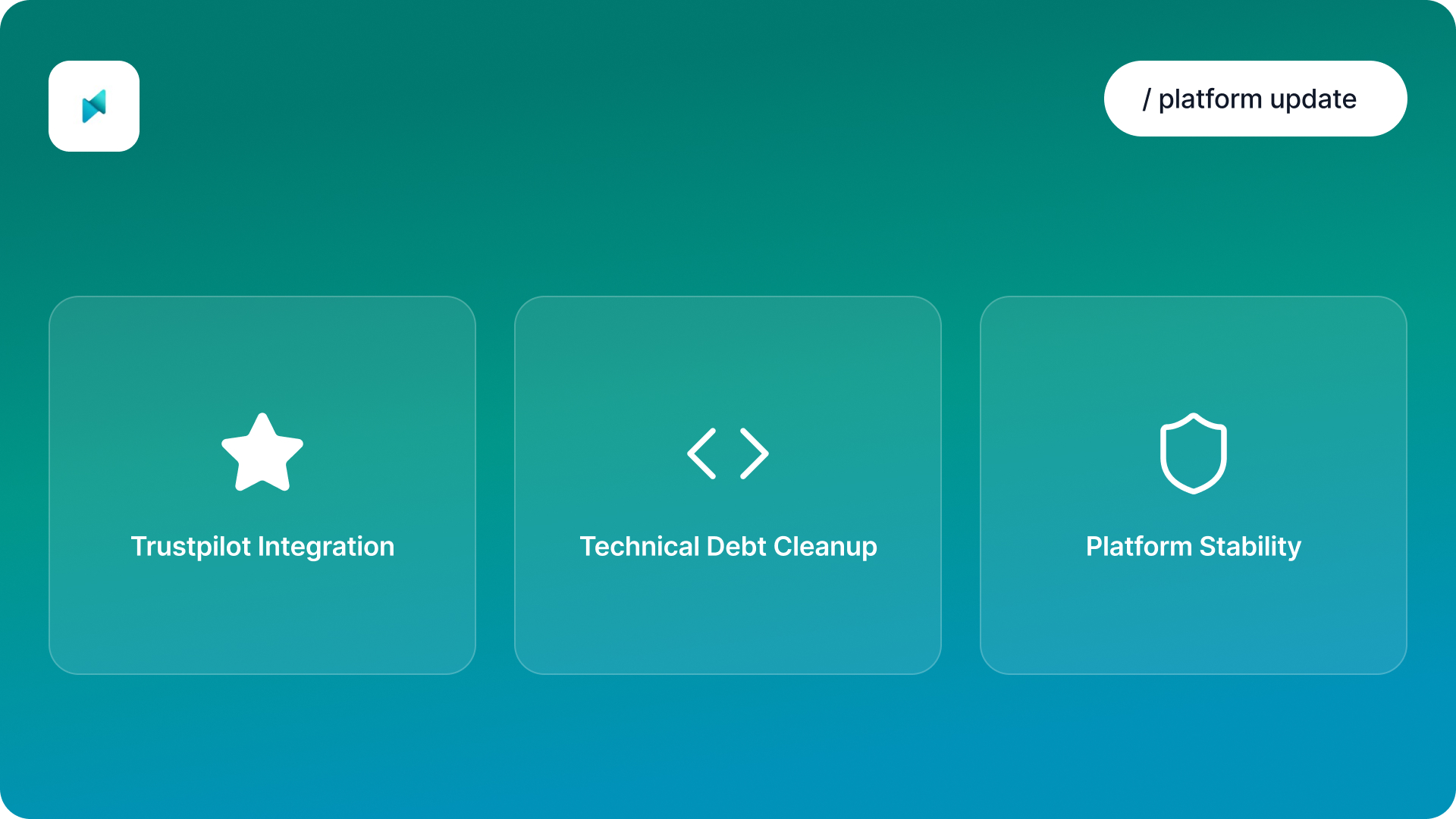When it comes to building wealth, two paths stand out: real estate and stocks. Both have their champions, but the debate often comes down to this—what's easier and more effective for the average investor? Real estate demands more upfront effort, from securing a mortgage to managing tenants, while stocks offer a simpler, hands-off approach. But simplicity isn’t everything. In this article, we’ll dive into the pros, cons, and long-term potential of each, helping you figure out which investment strategy makes the most sense for you.
Real Estate vs Stocks: Two Proven Paths to Wealth and Inflation Protection
Both real estate and stocks have earned their place as two of the most popular and trusted ways to grow wealth. The 2024 Gallup survey found that 36% of Americans consider real estate the best long-term investment, while 22% favored stocks. In Europe, a similar trend emerged from the ING International Survey, showing that investors continue to view these two as top contenders, especially when it comes to beating inflation and protecting wealth. These numbers reflect the lasting appeal of both markets. Real estate offers tangible, inflation-resistant assets, while stocks provide liquidity and the potential for significant gains through dividends and market growth.

The reasons behind this popularity are clear. Real estate often attracts those who value stability—land and property hold intrinsic value, and rental income can provide steady cash flow. Stocks, on the other hand, appeal to those seeking flexibility and higher growth potential without the hands-on work. Both options have proven themselves over time, attracting different types of investors based on risk tolerance, financial goals, and personal preference. Now, let’s find our own answer to the question, “What’s better?”
Benefits: How Both Real Estate and Stocks Can Come Out on Top
Both real estate and stocks offer unique benefits, making them appealing to different types of investors. While real estate provides tangible security and a reliable income stream, stocks shine with their potential for high growth and liquidity.

Real estate stands out as a physical, tangible asset—something you can touch, see, and even improve. Owning property gives you a sense of permanence, unlike stocks, which exist more abstractly. Real estate fulfills a fundamental need, as everyone requires a place to live, work, or conduct business, ensuring a consistent demand regardless of market shifts. Beyond that, real estate generates passive income through rent, providing a steady cash flow month after month. This rental income can cover mortgage payments, support your lifestyle, or fuel future investments. But perhaps the biggest advantage is that you can leverage your property as collateral for loans or new ventures, unlocking even more financial potential.
Stocks excel in areas where real estate often falls short. Stocks are highly liquid—you can buy or sell them with just a few clicks, making it easy to move your money around. They offer the potential for significant capital appreciation, especially if you're investing in growth companies. Diversification is another big plus; you can spread your investments across industries, geographies, and asset classes without the hassle of managing physical assets. Many stocks pay dividends, which, like real estate’s rental income, provide passive income, though typically at lower rates. The barrier to entry is much lower too. But the real dream for stock investors? Finding a rare gem that skyrockets in value, bringing returns in the tens of thousands of percent—a high-risk, high-reward chase that keeps half of stock investors secretly hoping for their big win.
Historical Performance: Real Estate Market vs Stock Market
Historically, stocks have outperformed real estate in terms of annual returns. The S&P 500 has delivered an average annual return of 10.43%, factoring in dividends. So, if you had invested $100 in the S&P 500 in 1994 and held it until 2024, your investment would have grown to approximately $2,045.06, assuming dividends were reinvested. This equates to a total return of 1,945.06%. Even after adjusting for inflation, the investment would have yielded a real return of about 861.23% over the 30-year period.
On the real estate side, calculating overall sector performance is trickier, as there’s no single, comprehensive index like the S&P 500. While the United States House Prices Growth index shows an annualized return of around 5.5%, this only captures price appreciation, excluding rental income. For a broader view, residential real estate has historically provided average annual returns of 7% to 9%, factoring in rental income and property appreciation, while commercial real estate has typically returned 8% to 10%.
Also, real estate investing generally involves much larger sums than stocks, so putting just $100 into a hypothetical real estate index isn’t realistic. Still, if we imagine an index reflecting both residential and commercial real estate, including rental income and property appreciation, $100 invested in 1994 might have grown to around $900 to $1,500 by 2024. Not bad, right?

Your Skill Matters More Than You Think
Real estate as a sector does not outperform the stock market as a sector—the data clearly shows that. But as an individual real estate investor, you can outperform both sectors. It all depends on how well you navigate opportunities, manage your investments, and make smart decisions. Investing is a skill, just like any other.
Real estate investing goes beyond simply buying at market price and waiting for appreciation. The key is to buy below market value, not when the market tells you to. Imagine purchasing a commercial property for $300,000, well below its appraised value of $400,000. Right away, you’ve created value simply by acquiring the asset at a discount. Over time, rental income generates a steady 9% annual return, not to mention the tax benefits, mortgage paydown, and natural property appreciation. With these factors in play, you’re likely to outperform most stock investors.
Does the same logic apply to stocks? To some extent, yes. If you can identify a company with strong fundamentals but undervalued in the current market, you could make a move that far exceeds average market returns. For instance, those who spotted Amazon’s potential early on reaped massive gains. But unlike real estate, stock markets move fast, and it’s much harder to find those opportunities before they’re priced in. The real challenge in stocks is timing and research, and for most, it’s more speculative than strategic. In real estate, you can actively influence your returns, whereas in stocks, you’re more often at the mercy of market forces.
Is Real Estate the Simpler Option for Most Investors?
Real estate is often the simpler option for most investors. It’s easier to analyze because the numbers are more concrete. If a property generates significant rent relative to its purchase price, it's likely undervalued—assuming it’s in good condition. Sellers may have various reasons for letting a property go below market value, and with real estate, you can learn almost everything about a building before making a purchase. You can know with near certainty that you're buying below what the market would typically demand.
With stocks, it’s different. You never truly know what’s happening behind the scenes or what the future holds for a company. Sure, you can make educated guesses, but knowing whether a stock is undervalued or poised for growth is often speculative. It’s much harder to be certain. In real estate, with experience, you can almost always tell when something is a steal. The numbers and the property’s condition tell the story clearly.
For the average investor, consistently picking individual stocks that outperform the market over the long term takes a lot of work. Most people would need to become full-time stock traders, using leverage and strategies that demand constant attention. Real estate, on the other hand, allows you to outperform both the real estate market and the stock market without turning it into a full-time job. With the right approach and some experience, you can make solid, reliable investments in real estate while maintaining a simpler, more manageable investment strategy.
Tokenized Real Estate: Budget-Friendly Solution
Tokenized real estate is the perfect solution when your budget is tight but you still want to invest in property. It brings the flexibility of stock investing into the real estate world, allowing you to buy fractions of a property, just like buying shares in a company. Instead of needing hundreds of thousands to buy a building or a unit, you can start small by purchasing digital tokens that represent a share of a property. These tokens give you rights, liabilities, and a slice of any rental income or property appreciation, all managed by smart contracts on the blockchain.
The process works like this: a real estate operator creates a special entity, such as an LLC, to hold the property’s title. They then issue tokens based on the property’s value, which you can buy through a dedicated platform. Smart contracts attached to the tokens manage everything—ownership transfers, rental income distribution, and property appreciation—eliminating the need for traditional paperwork. You can easily trade your tokens, much like you would with stocks. When you want to exit, you simply sell your tokens on secondary markets, gaining flexibility and liquidity once unimaginable in real estate investing.

Binaryx Case Study: A Real Estate Portfolio for Everyone
Binaryx is the real estate platform you need if you're looking for an easy way to enter the world of property investing. Specializing in real estate tokenization, Binaryx allows you to own fractions of rental properties and construction (off-plan) investments worldwide. With high-demand locations like Bali, Montenegro, and Turkey already on offer—and expansion into Dubai and EU countries planned—Binaryx opens the door to passive income and long-term growth. Utilizing the Wyoming DAO LLC Act and the Polygon blockchain, Binaryx makes real estate investing not only accessible but also liquid, allowing you to start with as little as $500.

Here’s how investing with Binaryx works. Let’s build a balanced real estate portfolio with $10,000, split evenly across two rental properties for steady passive income and two construction projects for higher returns after completion.
Portfolio Composition:
- $2,500 in Kammora Living rental villa in Bali with a 10.5% APR.
- $2,500 in Hayat Green Tower in Antalya, Turkey offering an 8% guaranteed rental return.
- $2,500 in Mountain Retreat by Dukley construction project in Montenegro with a projected ROI of over 13%, set to exit in Q1 2025.
- $2,500 in Nexa Skygarden construction investment in Bali with up to 33% projected ROI, with exit planned for Q4 2025 (one-year investment).
Total one-year ROI: $262.50 + $200 + $341.50 + $625 = $1,429
This portfolio combines rental income with capital appreciation from off-plan projects, showing how Binaryx enables a blend of stable returns and growth potential. You’re not just limited to this setup—you can customize your portfolio based on your financial goals, whether you’re after more passive income, long-term capital appreciation, or a combination of both. With Binaryx, you get the flexibility to build a portfolio that works for you, all while staying liquid and without the hassles of traditional real estate investing. Check it out and start investing.
Conclusion
In the end, the real question isn’t whether real estate or stocks are better—it’s about which suits your investment style. Real estate offers stability, tangible assets, and the potential for passive income, while stocks provide high liquidity and the opportunity for significant capital growth. Each has its strengths, but your success depends on how you navigate these opportunities.
For those looking to dive into real estate without the traditional barriers, Binaryx is the platform to explore. With its flexibility, access to global markets, and low entry points, Binaryx makes it easier than ever to start building a diversified portfolio. Whether you’re seeking steady rental income, long-term growth from construction investments, or a balanced mix of both, Binaryx offers the tools to help you succeed. So why not give it a try? Start small, learn the ropes, and see how real estate can fit into your investment strategy. You might find it’s the solution you’ve been looking for.

Articles you may be interested in


.jpg)



.png)



.png)



.webp)